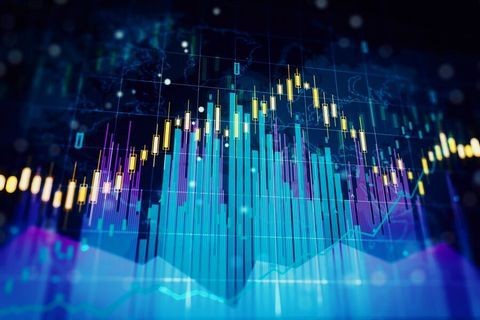International Trade
Overview
A collaborative practice for an interconnected economy
Ongoing supply chain disruptions, geopolitical struggles, and increased scrutiny on issues such as forced labor and environmental, social and governance (ESG) standards have underscored the interconnectedness of the global economy and its impact on businesses large and small. Moreover, more international trade policies are being issued, by more authorities, with broader commercial consequences, and on a faster timeline than ever before.
Contacts

Partner
He/Him/His
- Washington, D.C.
- D | +1.202.624.2500
- Washington, D.C. (CGA)
- D | +1.202.624.2548
- Boston
- D | +1.781.795.4700
Insights
Webinar | 03.02.26
Securing Rights to IEEPA Tariff Refunds
In this webinar, our attorneys will provide advice on affirmative steps importers should take to preserve rights to refunds and answer your questions about the litigation and the Supreme Court’s decision.
Event | 02.25.26 - 02.28.26
Client Alert | 5 min read | 02.23.26
UK Government Seeks Evidence on Ownership and Control in Financial Sanctions Regulations
Insights
Supply Chain Mapping: From ESG Gold Star to National Security Requirement
|07.22.25
Dow Jones Risk Journal
- |
03.26.25
Corporate Counsel
DOD Changes To List Of Chinese Military Companies May Impact Suppliers, Contractors
|01.24.25
Westlaw Today
- |
12.02.24
The Global Trade Law Journal
Inside One Company’s $173m Response to Forced Labour Allegations
|02.09.26
Global Investigations Review
To Move Or Not To Move? Manufacturers Hesitant To Nearshore Before USMCA Review
|10.16.25
MedTech Dive
Experts: UFLPA Enforcement Changing As CBP Tested By Tariffs Changes
|08.21.25
International Trade Today
Export Control Violations Cost Cadence US$140 million: Key Lessons For Tech Companies
|07.31.25
Lexology Pro
CBP Faces Legal Challenge over Exclusion of Camel Energy’s Battery Imports
|10.31.25
Crowell & Moring’s International Trade Law
Professionals
Insights
Webinar | 03.02.26
Securing Rights to IEEPA Tariff Refunds
In this webinar, our attorneys will provide advice on affirmative steps importers should take to preserve rights to refunds and answer your questions about the litigation and the Supreme Court’s decision.
Event | 02.25.26 - 02.28.26
Client Alert | 5 min read | 02.23.26
UK Government Seeks Evidence on Ownership and Control in Financial Sanctions Regulations
Practices
- Antiboycott Laws
- Anti-Corruption and FCPA
- Anti-Money Laundering (AML)
- Crowell Global Advisors
- Committee on Foreign Investment in the United States (CFIUS)
- Customs
- Export Controls
- Global Mobility and Cross Border Personnel Engagement
- Human Rights and Forced Labor
- International Arbitration
- International Trade Investigations
- National Security
- Economic Sanctions
- Supply Chain Management
- U.S. ITC Section 337
- Trade Remedies: Antidumping and Countervailing Duties
- WTO, FTAs and Market Access
- Insurance Recovery
Contacts

Partner
He/Him/His
- Washington, D.C.
- D | +1.202.624.2500
- Washington, D.C. (CGA)
- D | +1.202.624.2548
- Boston
- D | +1.781.795.4700
Insights
Webinar | 03.02.26
Securing Rights to IEEPA Tariff Refunds
In this webinar, our attorneys will provide advice on affirmative steps importers should take to preserve rights to refunds and answer your questions about the litigation and the Supreme Court’s decision.
Event | 02.25.26 - 02.28.26
Client Alert | 5 min read | 02.23.26
UK Government Seeks Evidence on Ownership and Control in Financial Sanctions Regulations














